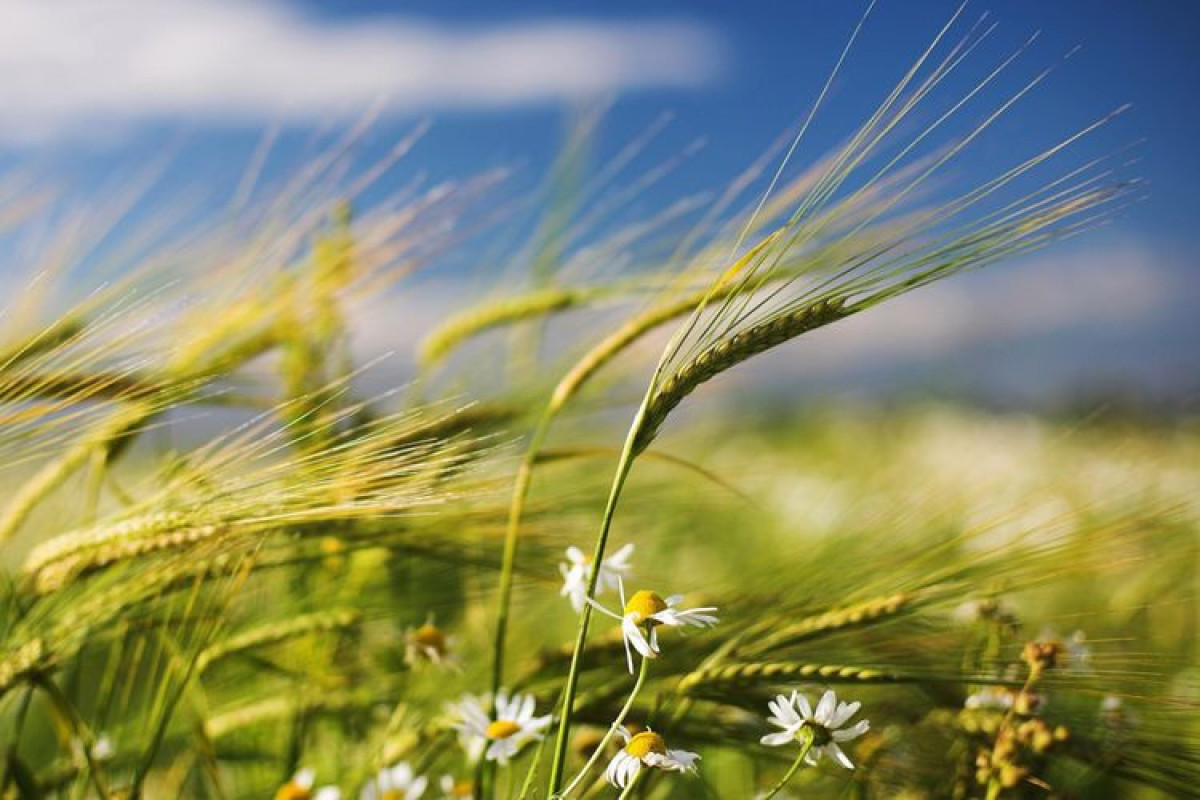On March 07, Azerbaijan marks Yel Chershenbesi (Wind Tuesday) - the third of four Tuesdays before the Novruz Holiday, APA reports.
Novruz Holiday, the symbol of winter's end and the advent of spring, is one of the popular and favorite holidays of the people in Azerbaijan. A holiday implying equality and fraternity, Novruz is celebrated as a symbolic renewal of nature.
Novruz has an ancient history. It is often linked to Zoroastrianism, the oldest of the monotheist religions. Scientific researches relate the Novruz Holiday to the period of prophet Zardush, which dates back 3,500 to 5,000 years.
Another theory suggests that Novruz dates back to ancient Mesopotamia. This holiday was celebrated in ancient Babylon in Nisan (March, April) and the celebrations lasted 12 days, with each having their ceremonies and performances.
Celebrations of Novruz begin a month before the actual holiday date. Novruz is related to four elements of nature -- water, fire, earth and wind. A legend goes that God created man from earth and water, gave him warmth and ordered the wind to wake him up.
Novruz Tuesdays are considered sacred. The four Tuesdays are named after these elements and called Su Chershenbesi (Water Tuesday), Odlu Chershenbe (Fire Tuesday), Hava Chershenbesi (Wind Tuesday) and Akhir Chershenbe or Torpaq Chershenbesi (Earth or Last Tuesday).
According to the folk belief, water purifies and stirs; fire, soil and wind awaken the nature, the trees begin to blossom. All these symbolize the coming of spring.
Each Tuesday has its own traditions. Wind Tuesday is called "Külək oyadan çərşənbə" (wind awakener Tuesday) or "Küləkli çərşənbə" (windy Tuesday) among the people.
One of the traditional songs, "Yel baba" ("Father of Wind"), is sung on Wind Tuesday. "Yel baba" is related with the belief of ancient people in the God of Wind.
On this day all these winds wake up and wander around the world, reviving the water and driving the fire, which notifies of the imminent coming of spring.
On this day "Yel baba" ceremonies are conducted, which is linked with the traditions of farming.
According to the legend, four different winds that regularly blow and sleep underground come together on Wind Tuesday. They go out to the surface and wake up and put into motion the earth, the water and the fire. The four winds are the Khazri, a cold northern wind, the Gilavar, a mild, southern wind, Agh Yel (the White Wind) and Gara Yel (the Black Wind), both hot, dry summer winds. According to mythology, Agh Yel appears in a white dress, Gara Yel in a black one, Khazri in a blue one and Gilavar in a red one.
On this Tuesday everyone who wants to know whether or not his or her wish will come true stands under a willow tree and calls "Yel baba". If the wind blows and the branches touch the ground, it is believed that the dream will materialize.
Also, people traditionally eat milky pilaf on this day. According to an ancient belief, birds and animals should be released from the cage on this Tuesday.
On all four Tuesdays and on the eve of Novruz there is a tradition to light bonfires and regardless of the age and gender, jump seven times over one or once over seven bonfires. According to the belief, fire is purifying and takes away all your troubles before the start of the New Year [according to the solar calendar]. Boys and girls take the ash of the fire and throw it far from the house. It means the misfortune of the family is thrown away with the ash.
Happy Chershenbe!






